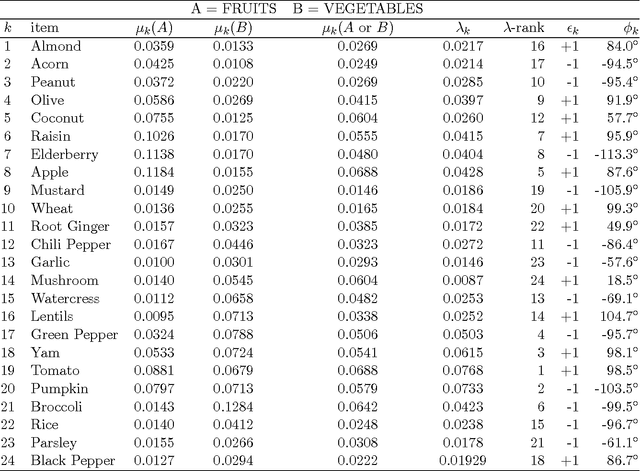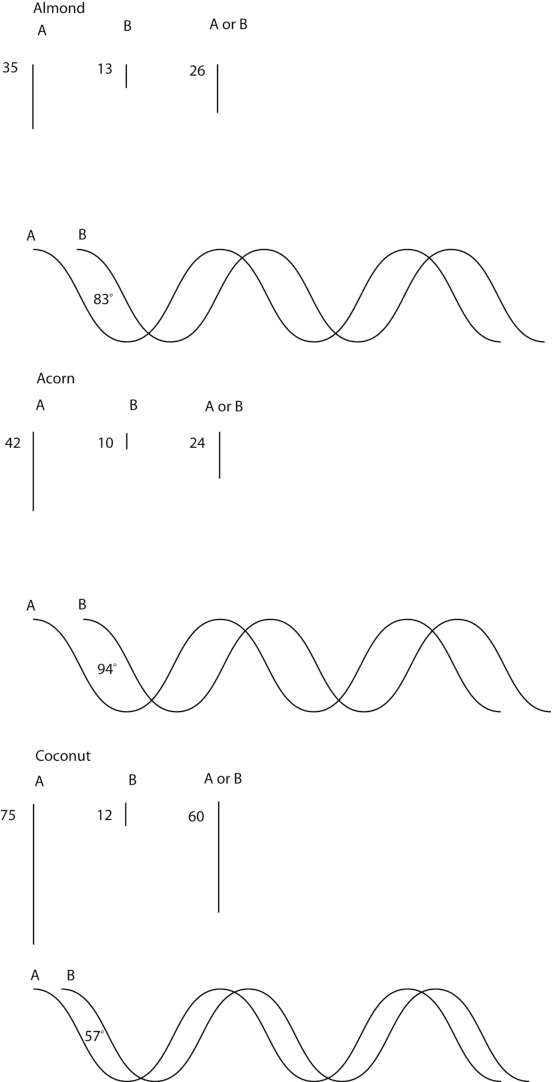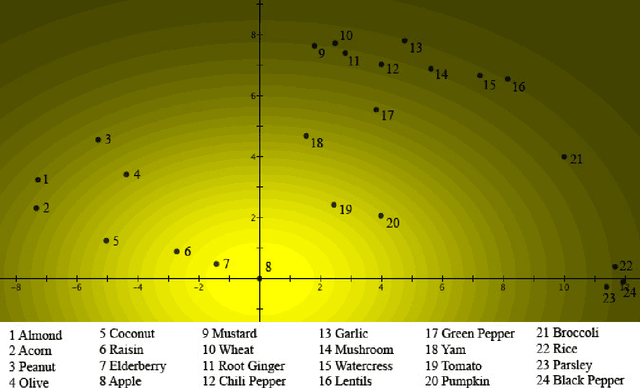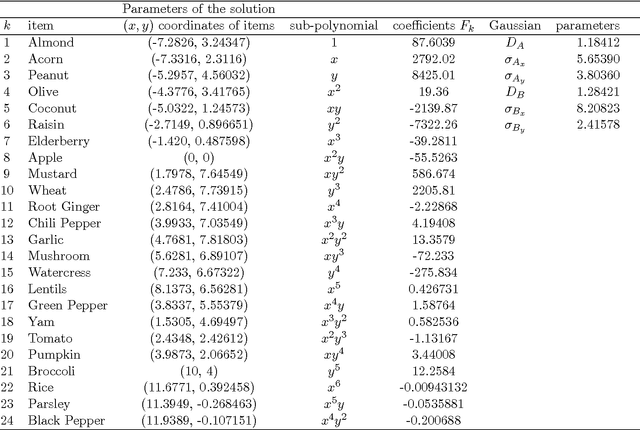Generalizing Prototype Theory: A Formal Quantum Framework
Paper and Code
Jan 25, 2016



Theories of natural language and concepts have been unable to model the flexibility, creativity, context-dependence, and emergence, exhibited by words, concepts and their combinations. The mathematical formalism of quantum theory has instead been successful in capturing these phenomena such as graded membership, situational meaning, composition of categories, and also more complex decision making situations, which cannot be modeled in traditional probabilistic approaches. We show how a formal quantum approach to concepts and their combinations can provide a powerful extension of prototype theory. We explain how prototypes can interfere in conceptual combinations as a consequence of their contextual interactions, and provide an illustration of this using an intuitive wave-like diagram. This quantum-conceptual approach gives new life to original prototype theory, without however making it a privileged concept theory, as we explain at the end of our paper.
 Add to Chrome
Add to Chrome Add to Firefox
Add to Firefox Add to Edge
Add to Edge